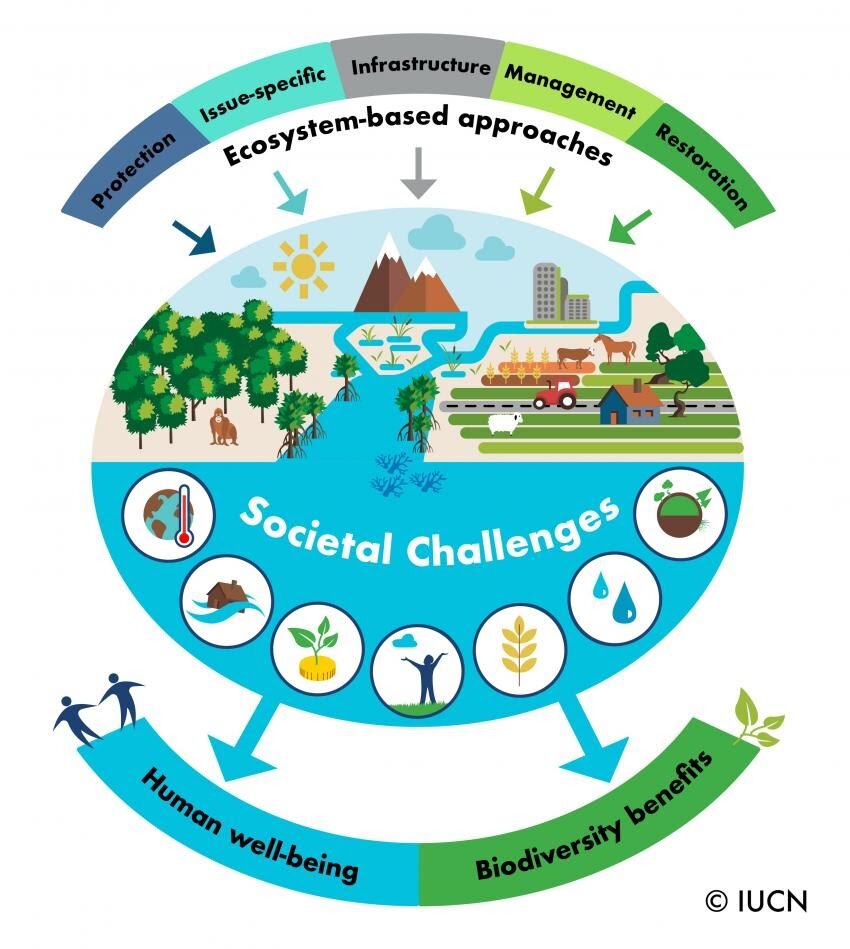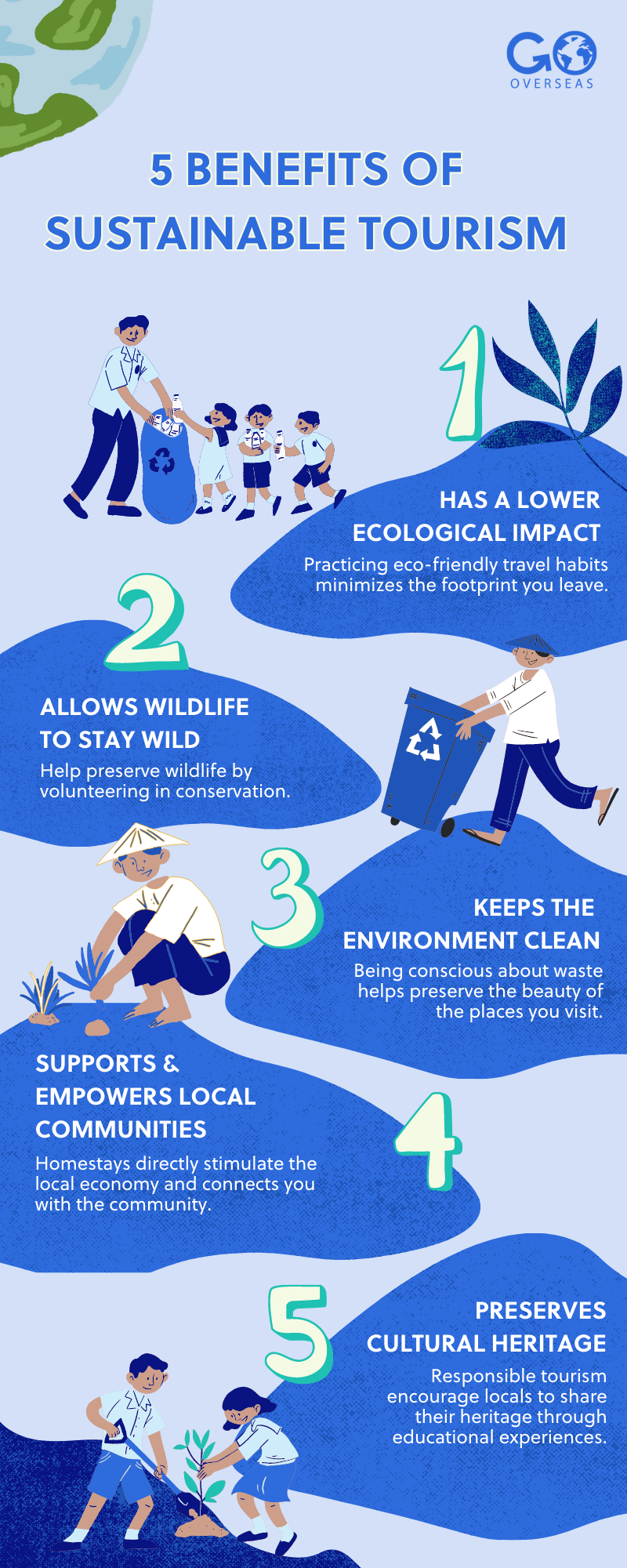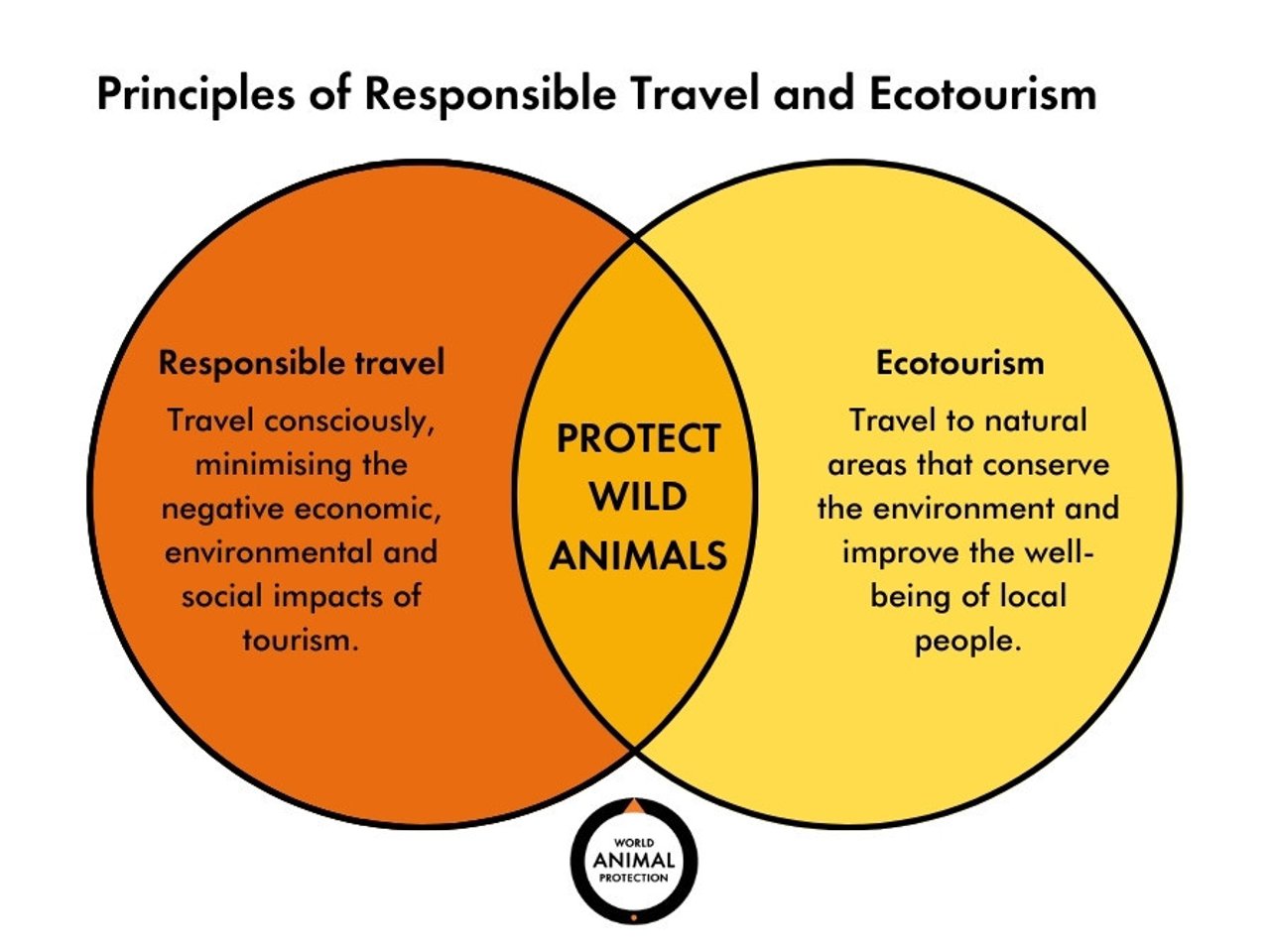The Multifaceted Rewards of Nature tourism: A Deep Dive
Nature tourism, often synonymous with ecotourism, has emerged as a powerful force in the 21st century. It represents a conscious effort to explore and appreciate the natural world while simultaneously contributing to its conservation. Beyond the simple act of visiting a picturesque landscape, nature tourism offers a wealth of benefits, spanning ecological, economic, and socio-cultural realms. This comprehensive exploration delves into the intricate tapestry of advantages that arise from responsible engagement with nature.
Ecological Benefits: Protecting Our Planet’s Treasures
Nature tourism, when executed sustainably, plays a crucial role in safeguarding our planet’s biodiversity and ecosystems.
Conservation Through Economic Incentives

The financial gains generated by nature tourism provide tangible incentives for the protection of natural habitats. When local communities and governments recognize the economic value of wildlife and pristine landscapes, they are more likely to invest in their preservation. National parks, wildlife sanctuaries, and marine reserves often rely on tourism revenue to fund their operations, including ranger patrols, habitat restoration, and anti-poaching efforts.
Habitat Restoration and Species Recovery
A portion of tourism revenue is frequently allocated to ecological restoration projects. This can involve reforestation efforts, the removal of invasive species, and the rehabilitation of degraded ecosystems.
Promoting Environmental Awareness and Education
Nature tourism serves as a powerful tool for environmental education. By immersing visitors in natural environments, it fosters a deeper understanding and appreciation for the interconnectedness of life. Guided tours, interpretive programs, and educational materials can raise awareness about ecological challenges and inspire individuals to adopt more sustainable lifestyles.
Mitigating Climate Change
By promoting sustainable transportation, energy efficiency, and waste reduction, nature tourism can contribute to mitigating climate change. Ecotourism lodges often utilize renewable energy sources, implement water conservation measures, and compost organic waste.

Economic Benefits: Fostering Sustainable Development
Nature tourism can be a significant driver of economic growth, particularly in developing countries with rich natural resources.
Job Creation and Income Generation
Nature tourism creates a wide range of employment opportunities, from tour guides and park rangers to hospitality staff and local artisans. This can be particularly beneficial for rural communities with limited economic alternatives.
Diversification of Local Economies
Nature tourism can help diversify local economies, reducing reliance on single industries like agriculture or resource extraction. This can make communities more resilient to economic shocks and fluctuations in commodity prices.
Infrastructure Development

The development of nature tourism infrastructure, such as trails, visitor centers, and accommodation facilities, can improve access to remote areas and stimulate economic activity.
Attracting Investment and Foreign Exchange
Nature tourism can attract foreign investment and generate valuable foreign exchange earnings. This can help fund conservation projects and support sustainable development initiatives.
Socio-Cultural Benefits: Empowering Communities and Fostering Understanding
Nature tourism can also have profound socio-cultural impacts, promoting community empowerment, cultural exchange, and social well-being.
Empowering Local Communities
By involving local communities in the planning and management of nature tourism, it can empower them to take ownership of their natural resources and cultural heritage.
Preserving Cultural Heritage
Nature tourism can help preserve cultural heritage by promoting the sustainable use of traditional knowledge and practices. This can include traditional crafts, storytelling, and ecological knowledge.
Promoting Cross-Cultural Understanding
Nature tourism can facilitate cross-cultural exchange by bringing people from different backgrounds together. This can promote tolerance, understanding, and respect for cultural diversity.
Enhancing Social Well-Being
Spending time in nature has been shown to have numerous mental and physical health benefits. Nature tourism can provide opportunities for individuals to connect with nature, reduce stress, and improve their overall well-being.
Promoting Responsible Travel
Nature tourism encourages responsible travel behaviors, such as respecting local cultures, minimizing environmental impact, and supporting local economies.
Challenges and Considerations
While the benefits of nature tourism are undeniable, it is essential to acknowledge the potential challenges and ensure that it is managed responsibly.
Over-Tourism and Environmental Degradation
Uncontrolled tourism can lead to overcrowding, habitat degradation, and pollution. It is crucial to implement carrying capacity limits and manage visitor flows to minimize environmental impact.
Cultural Commodification
The commercialization of culture can lead to the loss of authenticity and the exploitation of local communities. It is important to ensure that tourism benefits local residents and respects their cultural values.
Unequal Distribution of Benefits
The benefits of nature tourism are not always distributed equitably. It is essential to ensure that local communities receive a fair share of the economic benefits and have a voice in decision-making processes.
Climate Change Impacts
Climate change poses a significant threat to nature tourism destinations. Rising sea levels, extreme weather events, and changes in species distribution can impact tourism infrastructure and visitor experiences.
Conclusion: A Path Towards Sustainable Futures
Nature tourism, when implemented responsibly, offers a powerful pathway towards sustainable development. By harnessing the economic potential of natural resources while prioritizing conservation and community empowerment, it can contribute to a more just and sustainable future. However, it is essential to address the challenges and ensure that tourism benefits both people and the planet. This requires a collaborative effort involving governments, tourism operators, local communities, and visitors. By working together, we can unlock the full potential of nature tourism and ensure that it contributes to a thriving and resilient planet for generations to come.



